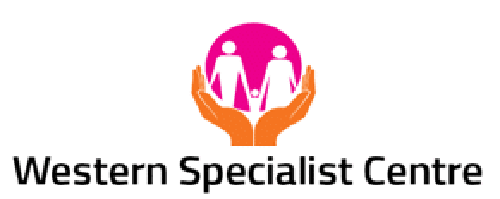Two-year-old children: what to look out for
Ms. Jenna-Lee Sacks, Paediatric Speech Pathologist, Change for Life
An important question parents ask is what their two-year-old child should be saying or how they should be interacting with other children in their age group. Children from bilingual families can differentiate their languages as young as two years of age, and possibly earlier. In terms of developmental milestones, research suggests that there is no outstanding difference between bilinguals and monolinguals, when the learning opportunities for both languages are taken into account.
Once your child turns two years old, they are officially considered to be a toddler! Your child is learning so much and developing at a rapid rate. It is sometimes tempting to compare your toddler’s development to other toddlers the same age, and it can become confusing to know which language milestones they should have met, and which ones are still developing. When looking at your toddler’s language development, there are certain milestones that we would expect them to meet by the age of two. However, it is important to realise that even if your child is slightly , it doesn’t necessarily mean that he or she has a speech language delay. Here are some aspects of a two-year old’s language that we would have expected them to acquire.
In terms of speech sound development, a stranger should be able to understand your child’s speech about 50% of the time. Your child should be using a variety of vowels and consonants in their speech. It is not a problem if he or she is not producing them all correctly. As your child speech is still developing, there are certain sounds that we would expect them to have mastered by the age of two, while other more complex sounds still have time to develop. Your toddler will be using mostly vowel sounds and a variety of consonants such as m,n,p,b,k,g,h,w,t,d.
Your toddler will also be starting to develop sentences. Most children should be putting two words together in order to produce two-word sentences. At this age, they should also have acquired around fifty single words. Children are also learning to use language in a social situation. We refer to this as social language. Social language is a key component of communication. Your toddler should start to be able to follow simple directions, especially with gestures such as pointing. They should also start to follow simple instructions such as giving and showing objects. You should notice that your child is starting to pair gestures with words in order to get their wants and needs met. They should also be responding to simple questions, such as ‘what’ and ‘where.’ Your toddler should respond to something that they don’t want by saying ‘no.’ They will also start to use social words such as ‘hi,’ ‘bye,’ ‘thanks’ and ‘please.’
Your toddler’s understanding of language is increasing very quickly. Children will understand more language than they will speak. Your toddler would love to point to several body parts and pictures in books when they are names. They would also be starting to understand more complex concepts, such as understanding when an object is ‘in’ and ‘on’ something.
If you have any concerns that your toddler is not picking up these skills, it is important to talk to a trained speech pathologist. Speech pathologists are trained to help with a wide range of skills including improving a toddler’s expressive, auditory and social communication skills. Getting help early can help build language and prevent delays to increase in toddlers and preschoolers. If you have any worries about your toddler, please talk to your GP or paediatrician, and we will work together to help your child build the skills that they need to communicate.



